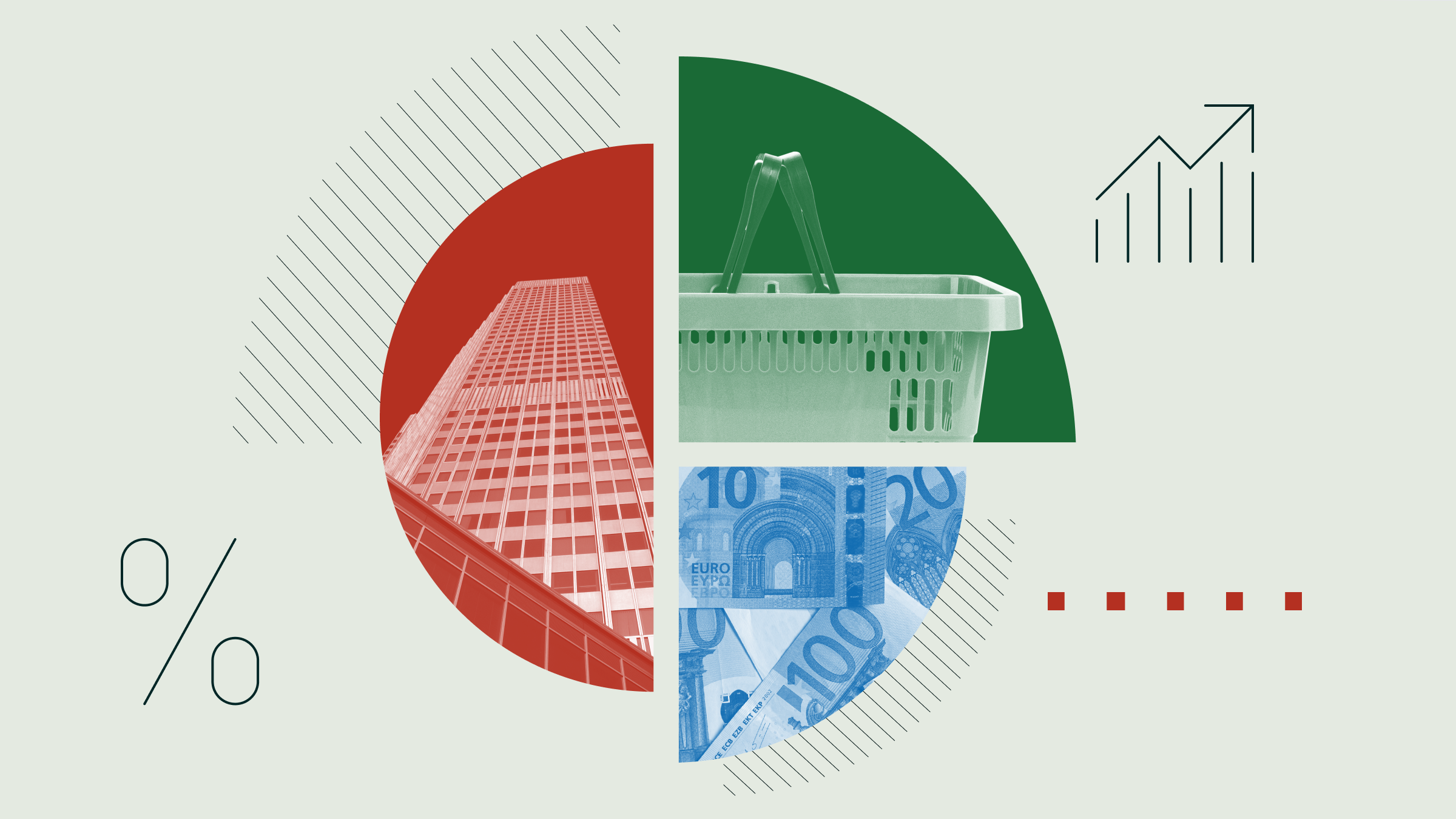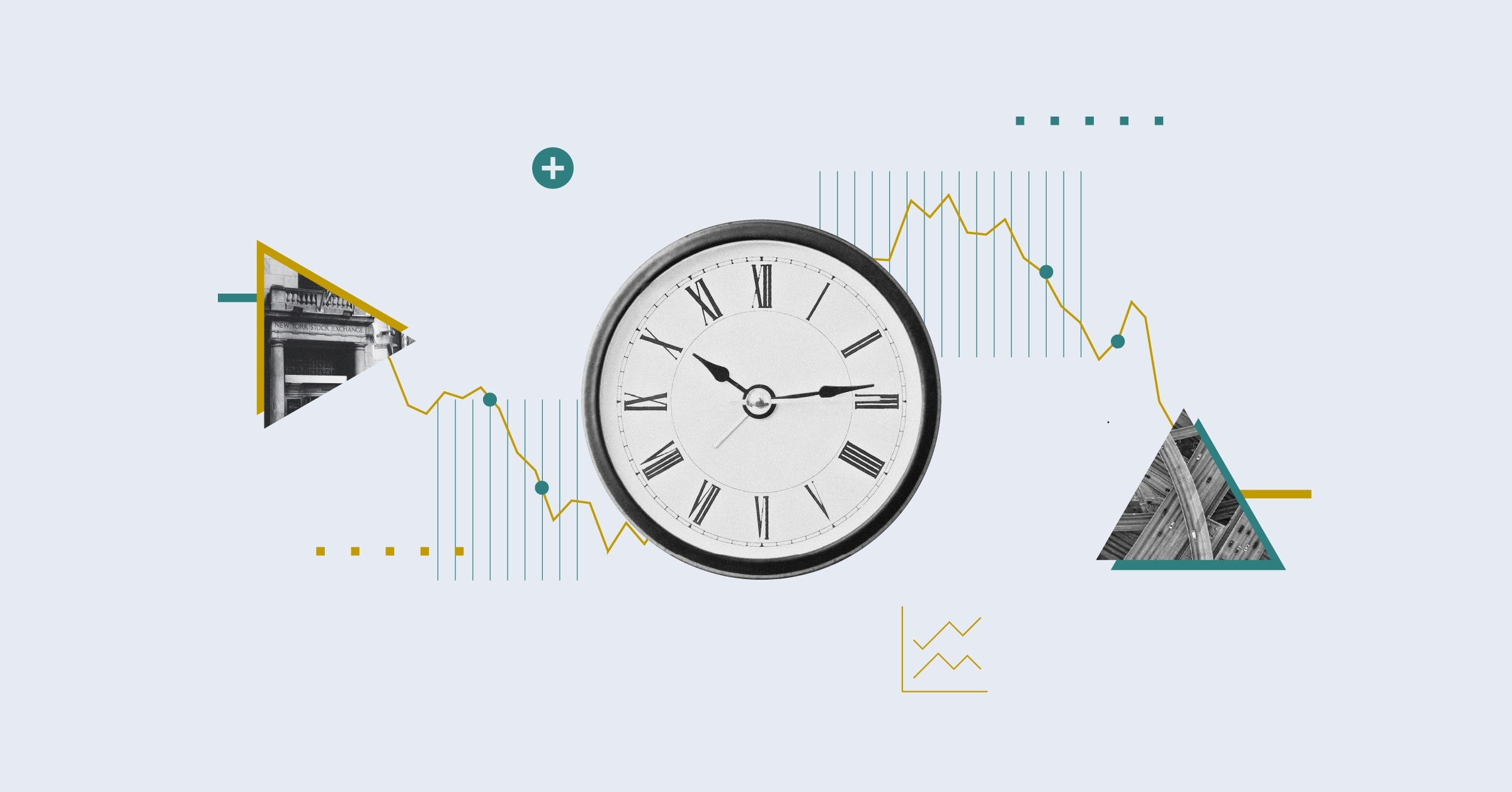Rolle im Portfolio
The db x-trackers MSCI World Index UCITS ETF provides exposure to many of the largest publicly-traded companies in the world. The MSCI World Index, a widely used barometer for the global equity market, includes stocks from developed countries, but excludes emerging market ones. Given its broad exposure, the fund can be used as a long-term core holding in a portfolio. Although the MSCI World Index is broad in geographic scope, the United States accounts for almost 60% of total portfolio allocation. Pairing this ETF with another U.S. equity fund may result in significant overlap, but combining it with an emerging markets fund instead will lead to greater portfolio diversification. The next biggest countries represented are Japan and the United Kingdom, weighing 7-10% each. Top sectors include financials, information technology and consumer discretionary. This ETF does not pay dividends and may not suit income-seeking investors.
Fundamentale Analyse
The short to medium-term global outlook is dividing between improving advanced economies and contracting emerging markets. The prevailing forces -monetary policy, commodity prices and inflation- continue to drive macroeconomic trends, as well as global equity prices.In response to the financial crisis, central banks in many developed economies carried out Quantitative Easing (QE) to increase bank lending, boost investment spending and avert deflation. While QE has provided well-needed support to the global economy, it has also boosted equity valuations.The situation is about to change. Global monetary policy is now diverging and long-term interest rates are widening. The U.S. Federal Reserve and the Bank of England are looking to increase interest rates, although the exact timing is uncertain. Alternatively, the European Central Bank and the Bank of Japan have signalled the possibility of increasing stimulus due to continuing deflationary pressure caused by declining commodity prices.Oil prices fell by approximately 50% since mid-2014 due to lower demand –notably from China- and greater supply. The oil slump has caused a redistribution of income from oil-exporting countries like Brazil and Russia to oil importing ones like the U.S. and Europe.Monetary policy and headwinds from China will continue to steer the G10 currency pairs. By increasing the money supply, QE has devalued the Japanese yen and the euro relative to the dollar. In August, China let its currency depreciate by approximately 2%, hoping that a more flexible yuan would help stabilise its economy. Chinese authorities have refused to let the overvalued yuan adjust sharply despite weak exports, increasing their chances of inclusion in the IMF’s currency basket (Special Drawing Rights). On August 24th, the MSCI World Index declined by about 10% from the week before.Geo-political risks in emerging markets, notably Latin America, Russia and the Middle East, continue to threaten international trade and contribute to market volatility. In the euro area and Japan, elevated public debt and an aging population, are ongoing long-term concerns.
Indexkonstruktion
The MSCI World Net Return Index is a free-float market capitalisation-weighted index covering 23 developed countries around the world. The Index consists of 1,600+ mid- and large-cap stocks and covers approximately 85% of the total free float-adjusted market capitalisation of each country in the index. The index is reviewed quarterly in February, May, August and November. It is rebalanced semi-annually. The universe is screened for liquidity as measured by trading volume. The U.S. stock market accounts for approximately 55-60% of total index value and is more than five times larger than the next highest representatives, Japan and the United Kingdom, weighting 7-10% each. France and Switzerland account for 3-4% each. On a sector basis, the index is broadly diversified. Financials account 19-23% of the total allocation, followed by information technology, consumer discretionary and health care at 12-15% each. Portfolio concentration is limited with the top 10 holdings accounting for less than 10% of the total index value. Top securities include Apple with a 1-3% weight, followed by Microsoft and Exxon at approximately 1%.
Fondskonstruktion
The fund uses synthetic replication to capture the returns of the MSCI World Net Return Index. Instead of holding the securities in the index, the ETF enters into an unfunded swap agreement with counterparty and parent company Deutsche Bank AG. In this transaction, the ETF uses investors’ cash to buy a substitute basket of securities and exchanges their return (plus net of a swap fee which can be positive or negative) for the return of the MSCI World Index. The return from the swap assumes that all dividends paid by the underlying stocks are reinvested in the index. The substitute basket, which can change daily, is made up of liquid stocks that belong to eligible indices and are traded on recognized exchanges. At the time of writing, the substitute basket was primarily made up of German, Japanese and U.S. stocks. The swap counterparty exposure was -6.51 (% of the fund’s NAV), with the substitute basket representing 106.51% of the fund’s NAV.
Gebühren
The ongoing charge based on expenses for the financial year ended 31 December 2014 was 0.45%, which is high compared to other funds offering similar exposure in Europe. The TER may be reduced by swap enhancements which db X-trackers estimates to be around 0.36% per annum. The fund’s estimated holding cost, as measured by the tracking differences, is 0.09% per annum, according to the company website. During the past 3 years, the realised tracking differences were higher than the current estimate, ranging from -0.33% to -0.10%. Swap enhancements can be achieved largely because the fund enjoys a better withholding tax rate than the index. Additional costs to investors associated with trading the ETF include bid-ask spreads and brokerage fees.
Alternativen
In Europe, there are a number of funds that provide exposure to global equities. Providers offering ETFs that track the MSCI World Index include UBS, Lyxor, iShares, Source, and ComStage. The db X-trackers MSCI World Index UCITS (DR) 1C fund offers the lowest TER at 0.19%.
In Asia, the only direct alternative to this ETF is the Lyxor UCITS ETF MSCI World (H1P, listed in Singapore, TER of 0.45%).
Die in diesem Artikel enthaltenen Informationen dienen ausschließlich zu Bildungs- und Informationszwecken. Sie sind weder als Aufforderung noch als Anreiz zum Kauf oder Verkauf eines Wertpapiers oder Finanzinstruments zu verstehen. Die in diesem Artikel enthaltenen Informationen sollten nicht als alleinige Quelle für Anlageentscheidungen verwendet werden.

















